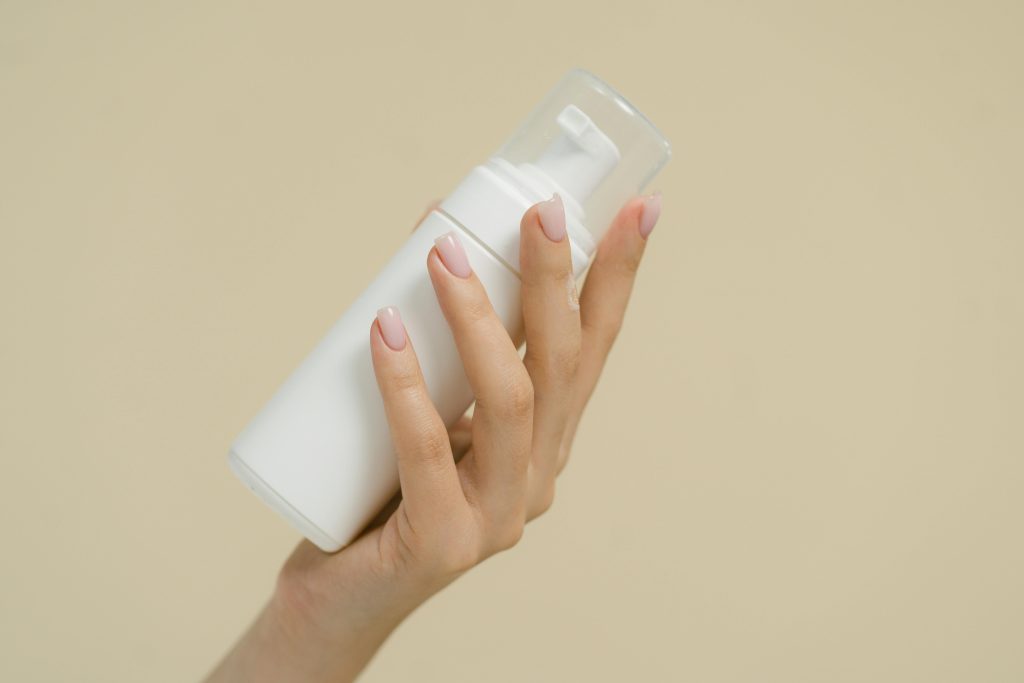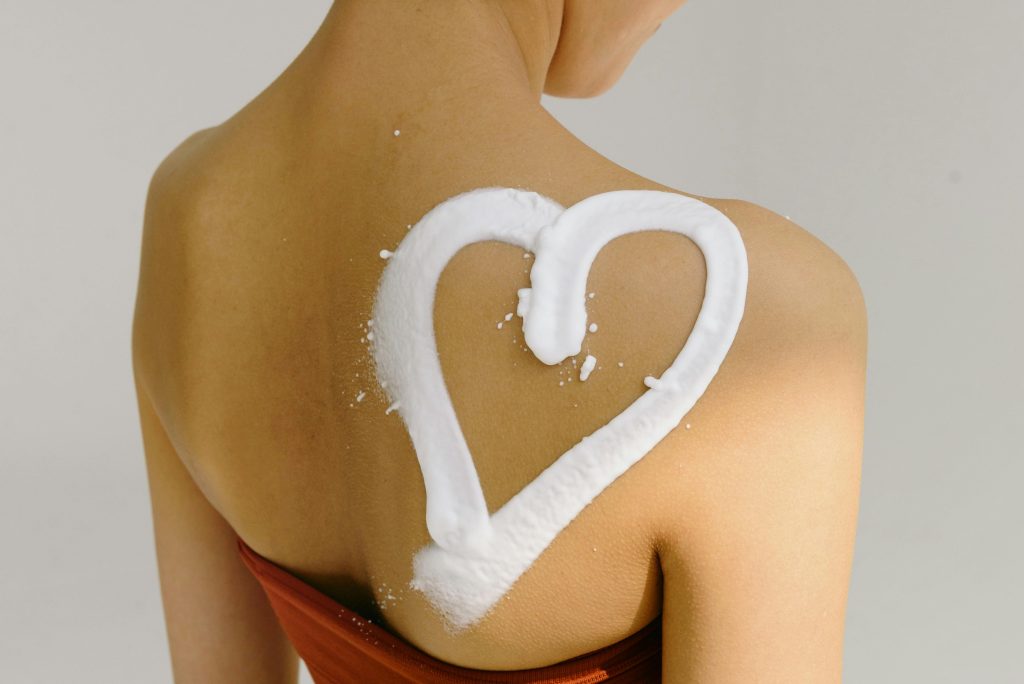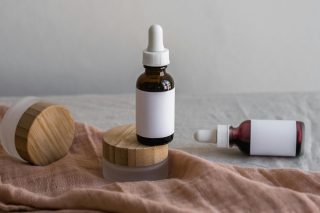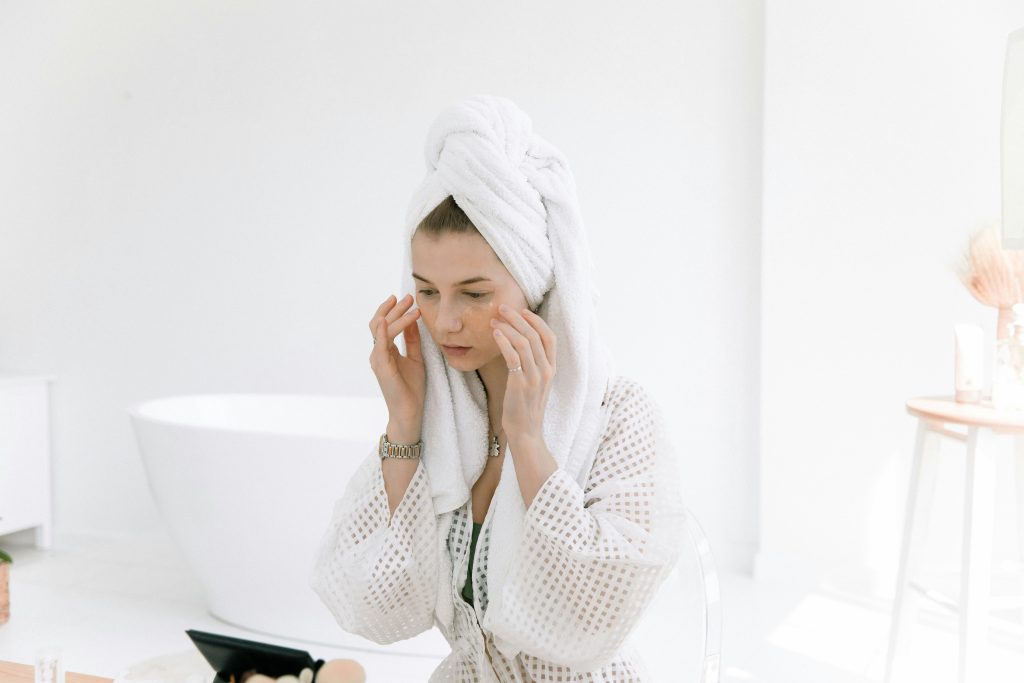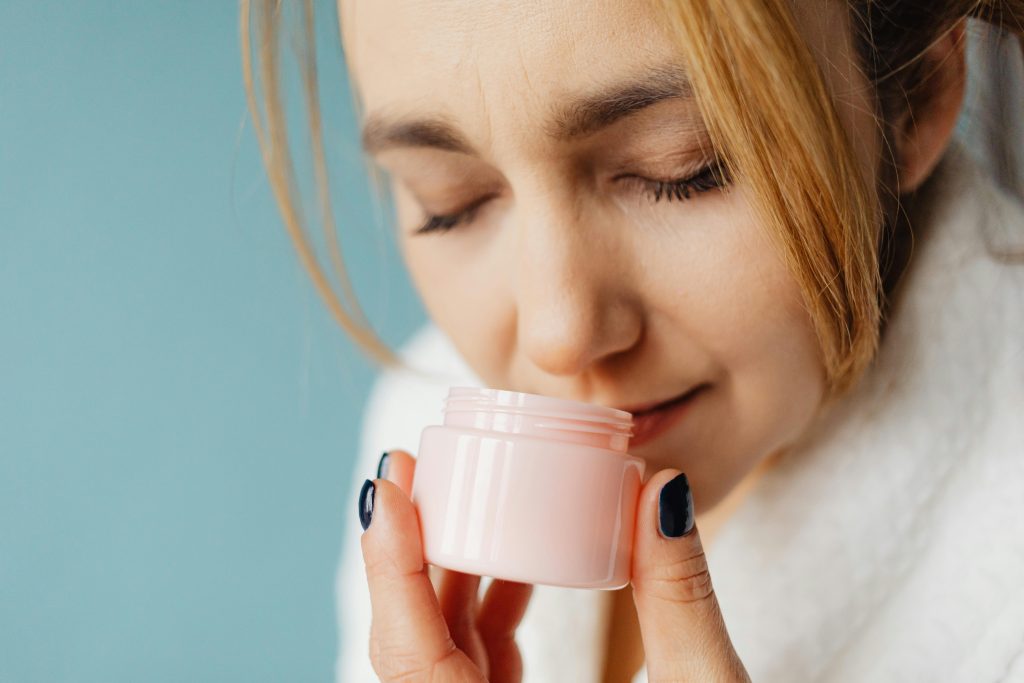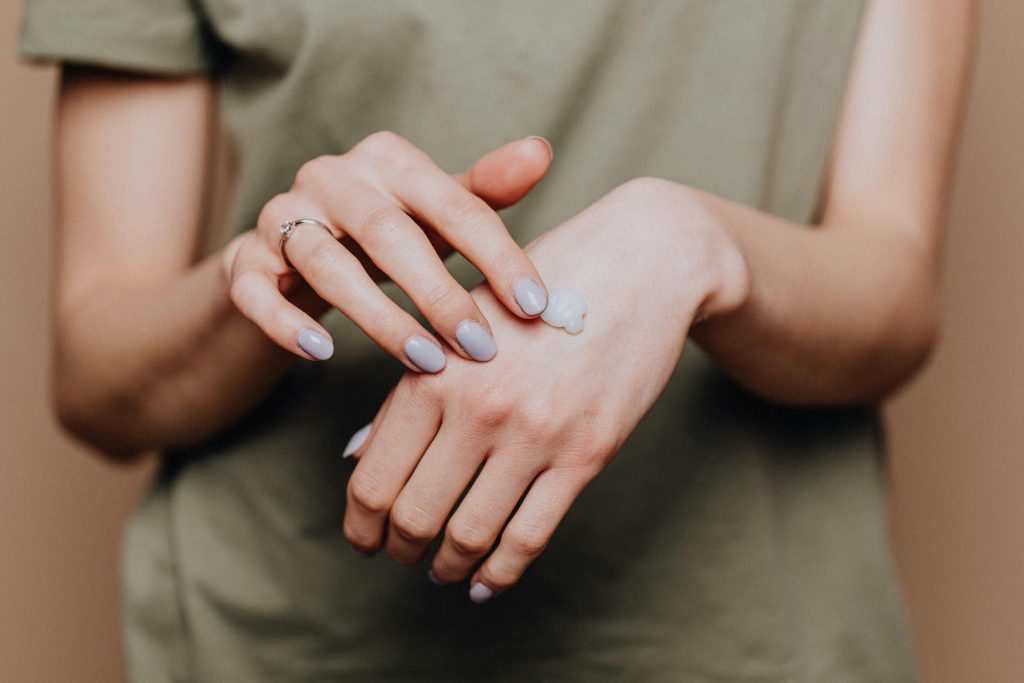
As an Amazon Affiliate, I earn a commission for the products linked bellow
Best Skincare Ingredients for Sensitive Skin: Dermatologist-Recommended
Sensitive skin can be challenging to manage, as it often reacts negatively to harsh ingredients and environmental factors.
Choosing the right skincare ingredients can make a significant difference in maintaining a calm, balanced complexion.
In this article, we’ll explore the best dermatologist-recommended ingredients specifically formulated to soothe and protect sensitive skin.
1. Aloe Vera
Aloe vera is a well-known soothing ingredient that helps reduce redness, irritation, and inflammation.
Its hydrating and calming properties make it ideal for sensitive skin, especially after sun exposure or skin irritation.
Recommended Product:
🫧 Holika Holika Aloe Soothing Gel: A lightweight gel that hydrates and soothes skin without causing irritation.
2. Colloidal Oatmeal
Colloidal oatmeal is an effective ingredient for relieving itchiness and irritation. It forms a protective barrier on the skin, retaining moisture and reducing dryness.
It’s especially beneficial for eczema-prone and reactive skin.
Recommended Product:
🫧 Aveeno Daily Moisturizing Lotion: Contains colloidal oatmeal to nourish and protect sensitive skin.
3. Niacinamide
Niacinamide (Vitamin B3) is a versatile ingredient that helps strengthen the skin barrier, reduce inflammation, and improve hydration.
It’s gentle enough for sensitive skin and can help calm redness and reduce pore size.
Recommended Product:
🫧 The Ordinary Niacinamide 10% + Zinc 1%: A simple yet effective serum for calming and balancing the skin.
4. Hyaluronic Acid
Hyaluronic acid is a powerful hydrating ingredient that draws moisture into the skin.
Its non-comedogenic nature makes it suitable for all skin types, including sensitive and acne-prone skin.
Recommended Product:
🫧 Neutrogena Hydro Boost Water Gel: Provides intense hydration without clogging pores or causing irritation.
5. Centella Asiatica (Cica)
Centella Asiatica, also known as Cica, is an anti-inflammatory and healing ingredient that soothes irritated skin.
It helps repair the skin barrier, making it perfect for those with rosacea or easily irritated complexions.
Recommended Product:
🫧 La Roche-Posay Cicaplast Baume B5: Soothes and restores the skin barrier, especially after irritation or dryness.
6. Squalane
Squalane mimics the skin’s natural oils, providing lightweight moisture without causing breakouts or irritation.
It’s particularly beneficial for dry and sensitive skin due to its non-irritating and non-comedogenic properties.
Recommended Product:
🫧 Biossance Squalane + Probiotic Gel Moisturizer: Calms redness and maintains moisture balance.
7. Chamomile Extract
Chamomile has anti-inflammatory and calming effects, making it a popular choice for reducing skin redness and sensitivity.
It’s gentle and suitable for even the most reactive skin types.
Recommended Product:
🫧 First Aid Beauty Ultra Repair Cream: Contains soothing chamomile and colloidal oatmeal for sensitive skin relief.
8. Ceramides
Ceramides are lipids that help maintain the skin’s natural barrier, keeping it hydrated and protected from environmental aggressors.
Including ceramides in your routine helps restore skin strength and reduce dryness.
Recommended Product:
🫧 CeraVe Moisturizing Cream: Packed with ceramides to reinforce the skin barrier and lock in moisture.
9. Green Tea Extract
Green tea extract is rich in antioxidants and anti-inflammatory compounds. It helps reduce redness and irritation while providing antioxidant protection against environmental stressors.
Recommended Product:
🫧 Innisfree Green Tea Seed Serum: Hydrates and calms sensitive skin while combating free radicals.
10. Panthenol (Provitamin B5)
Panthenol is a moisturizing ingredient that helps improve skin hydration and reduce irritation.
It’s known for its ability to soothe and repair damaged skin, making it suitable for those with compromised barriers.
Recommended Product:
🫧 Paula’s Choice Enriched Calming Toner: Contains panthenol to soothe and hydrate sensitive skin.
Tips for Choosing Sensitive Skin Products
✅ Read Labels Carefully: Always check for harsh ingredients like fragrances, alcohol, and synthetic dyes.
✅ Patch Test: Before using a new product, apply a small amount to a discreet area and wait 24 hours to check for reactions.
✅ Look for «Fragrance-Free» and «Hypoallergenic» Labels: These products are less likely to irritate your skin.
✅ Avoid Over-Exfoliating: Stick to gentle exfoliants and limit use to avoid damaging your skin barrier.
✅ Keep Your Routine Simple: Fewer ingredients reduce the risk of irritation.
FAQs
- Can sensitive skin use active ingredients like retinoids or acids?
Yes, but choose formulations with lower concentrations and use them sparingly. Opt for products labeled for sensitive skin and introduce them slowly.
- Are natural ingredients always better for sensitive skin?
Not necessarily. Natural ingredients like essential oils can still cause irritation. Always check how your skin responds before committing to a product.
- How often should I moisturize sensitive skin?
Moisturize twice daily to keep your skin barrier strong and hydrated. Use gentle, fragrance-free formulations.
- What should I avoid if I have sensitive skin?
Avoid alcohol, synthetic fragrances, and harsh exfoliants. These can strip the skin barrier and lead to irritation.
- Can sensitive skin benefit from antioxidants?
Yes, antioxidants like green tea and vitamin E can help protect and soothe sensitive skin without causing irritation.
Final Thoughts
Sensitive skin requires extra care and attention when selecting skincare products.
Prioritizing ingredients that calm, hydrate, and strengthen the skin barrier can help reduce irritation and keep your complexion balanced.
Incorporate the right products into your routine and avoid harsh ingredients to maintain healthy, comfortable skin.
Always patch-test new products to ensure they suit your specific needs.


